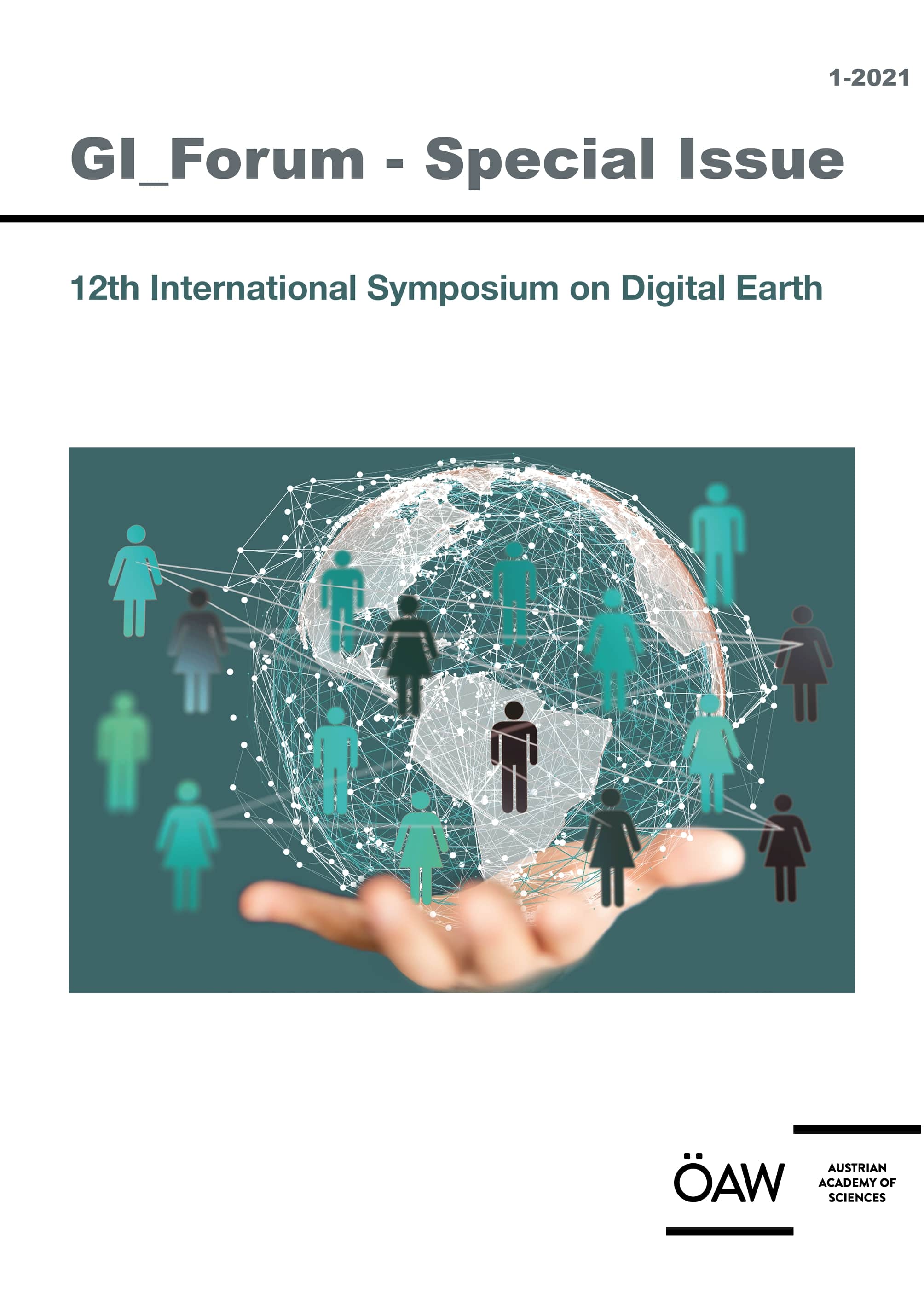
GI_Forum 2021, Volume 9, Issue 1, pp. 187-193, 2021/06/29
12th International Symposium on Digital Earth

Our mobility is responsible for substantial global greenhouse gas emissions and urban problems such as air pollution, usage of public spaces for infrastructure and parking, and congestion. Therefore, the transformation of our mobility towards sustainability is essential to achieve the sustainable development goals #11 (sustainable cities and communities) and #13 (climate action). Mobility as a Service (MaaS) is a core concept for this transformation; however, there are still many open questions and challenges due to its novelty and complexity. The Empirical use and Impact Analysis of MaaS (EIM) project conducts a large-scale user study during the roll-out of a MaaS offer in Switzerland to gather empirical data that help to address and answer challenges and open questions.
Keywords: sustainability, mobility, MaaS, mobility behaviour change, ICT